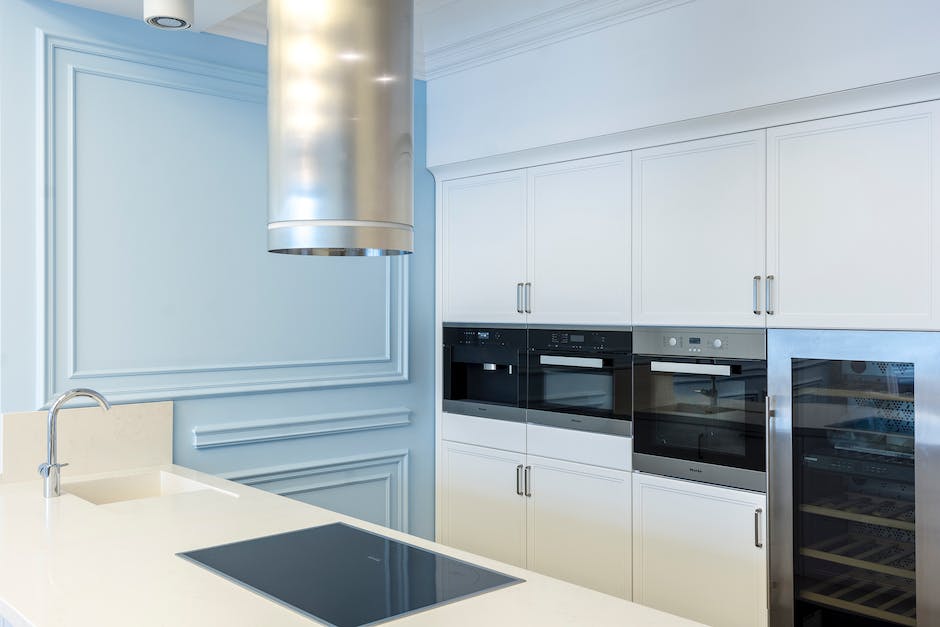Introduction
The high energy demands and scorching heat during summer can put enormous strain on your HVAC (Heating, Ventilation, and Air Conditioning) system. Maximizing the efficiency of your HVAC system is not only useful for maintaining a comfortable indoor climate, but it also reduces energy costs and extends the life expectancy of the equipment. This article offers valuable guidelines on how to make your HVAC system more efficient during the summer months.
Regular professional maintenance
One of the most important steps in ensuring HVAC efficiency is scheduling regular professional maintenance. Having a certified professional technician inspect and clean your HVAC system at least once a year, ideally just before summer sets in, can greatly increase its operational efficiency. Not only does this prevent unwanted breakdowns when the system is most needed, but it also allows early identification and rectification of potential issues.
Installing a programmable thermostat
Investing in a programmable thermostat offers another way to increase HVAC efficiency. This enables you to set the temperature of your house higher when no one is home, thereby reducing the strain on your air conditioning system. By using a programmable thermostat, you can save up to 10% a year on heating and cooling costs by simply lowering or raising your thermostat by 7-10 degrees Fahrenheit for 8 hours per day.
Improving insulation and sealing leaks
Poor insulation, along with air leaks in your home, can make your HVAC system work harder. Upgrading insulation in your walls, roof and floors can prevent heat from entering your home, reducing the need for constant air conditioning. Similarly, finding and sealing air leaks around windows and doors can prevent warm air intrusion and cool air leakage, enhancing the efficiency of your HVAC system.
Adjusting your window coverings
An often overlooked but highly effective strategy to reduce heat gain during the summer is to adjust your window coverings. By closing blinds or drapes, particularly on south and west-facing windows, you can significantly reduce the amount of heat entering your home. This simple adjustment not only keeps your house cooler but also reduces the load on your HVAC system.
Changing or Cleaning HVAC filters
Clogged and dirty air filters restrict airflow, causing your HVAC system to work harder and consume more energy. Changing your HVAC filters every one to three months depending on use can enhance your indoor air quality and extend the lifespan of your HVAC system. If your filters are reusable types, cleaning them regularly can likewise maintain your HVAC efficiency.
Using Ceiling Fans
Ceiling fans aren’t just for aesthetics; they provide another method to enhance HVAC efficiency. Fans circulate the air in the room, creating a wind-chill effect that makes the occupants feel cooler without changing the room temperature. When used in conjunction with your air conditioner, ceiling fans allow you to raise the thermostat setting by about 4 degrees Fahrenheit without reducing comfort.
Conclusion
Maximizing the efficiency of your HVAC system in the summer months is a comprehensive task that encompasses a wide range of strategies. From regular professional maintenance and the use of programmable thermostats to enhancing insulation and adjusting window coverings, these are all steps that serve to improve the effectiveness and efficiency of your HVAC system. By taking into account the provision of clean filters and use of ceiling fans, you can help reduce energy consumption, save on costs, and make your home a more comfortable place during the scorching summer months. It not only contributes to a cooler summer but also guarantees the longevity of your HVAC system for improved efficiency in the long term.
